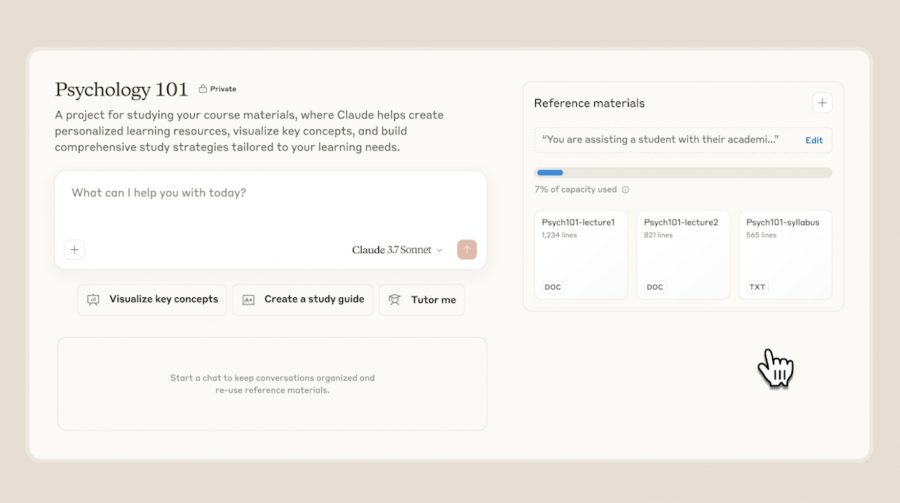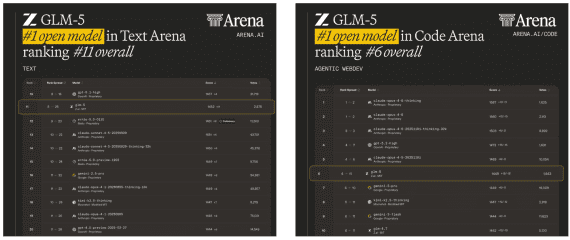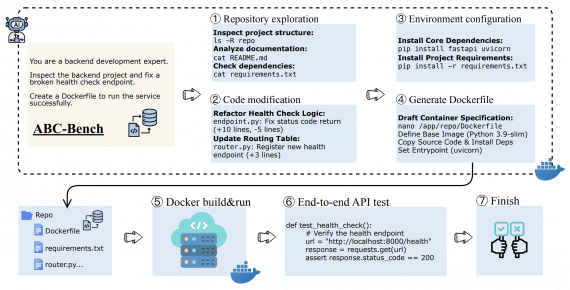
Anthropic has released Claude for Education, specifically designed for implementation in universities and other higher education institutions. While the classic chatbot provides direct answers to questions, Claude for Education uses the Socratic method of dialogue, asking clarifying and guiding questions to help students develop critical thinking skills. Integration with learning systems allows instructors to use Claude directly within Canvas and other LMS platforms.
Technical Model Details
Socratic Prompting with RLHF Mechanisms
Learning Mode is implemented through a specialized RLHF pipeline, where the model is trained on sets of pedagogical dialogues using a reward function that encourages:
- Generation of guiding questions instead of direct answers;
- Adaptive question complexity based on context;
- Heuristic search for key concepts necessary for solution.
This approach uses a two-stage architecture: first, a standard answer prediction is performed, then an additional classifier is activated to determine whether the answer should be transformed into a Socratic format. If yes, a reformulation network is activated that converts the direct answer into a series of guiding questions.
The Claude for Education model includes several specialized ML components optimized for the educational context.
Content Generation Architecture with Attribution
The model uses an enhanced LLM architecture with a citation mechanism that maintains an internal representation of the knowledge graph and proper source attribution:
According to Smith et al. (2023), the application of deep neural networks in educational contexts showed a 24% improvement in results. This aligns with earlier findings by Johnson (2021), who noted that "adaptive learning systems significantly increase student engagement" (p. 45). In a recent meta-analysis, Li and Chen (2024) compiled data from 32 studies, confirming this trend (r = 0.37, p < 0.01).
This functionality is based on a modification of the attention mechanism, where each output token has an additional layer of connections with potential citation sources, allowing the system to maintain bibliographic consistency in long documents.
Granular Reasoning Tracing
Claude implements enhanced chain-of-thought prompting with explicit tokenization of intermediate reasoning steps. This allows the model to demonstrate the solution process in detail:
Task: Find the derivative of f(x) = ln(x²+1) Step 1: Apply the chain rule, since f(x) = ln(g(x)), where g(x) = x²+1 Step 2: f'(x) = (1/g(x)) · g'(x) Step 3: g'(x) = 2x (derivative of x²+1) Step 4: f'(x) = (1/(x²+1)) · 2x Step 5: f'(x) = 2x/(x²+1)
This functionality is achieved through a specialized loss function structure during fine-tuning, which penalizes skipping intermediate steps and encourages the use of a logical chain of reasoning.
Examples of Claude’s Educational Mode Responses
How Students Use It for Problem Solving:
Student: "How do I solve a classification problem with imbalanced classes?" Claude: "That's an interesting machine learning problem. Let's consider several approaches: 1. What sampling methods do you already know for working with imbalanced data? 2. How would you modify the loss function to account for class imbalance? 3. What evaluation metrics would be more appropriate in this case than overall accuracy?"
How Instructors Use It
Creating Educational Materials:
Instructor: "Create a set of deep learning tasks of varying difficulty for graduate students." Claude: "Here are three tasks of different difficulty levels: Beginner level: Implement a simple neural network for MNIST image classification using PyTorch. Achieve at least 95% accuracy. Analyze the impact of different numbers of layers on model accuracy. Intermediate level: Implement an LSTM architecture for sentiment analysis on the IMDb dataset. Compare performance with a baseline TF-IDF + SVM solution. Conduct error analysis to identify challenging cases. Advanced level: Implement a Transformer architecture with attention mechanism for machine translation. Use the WMT dataset. Propose and implement a modification to the standard architecture that improves the BLEU metric."
Performance Analysis:
Instructor: "Analyze the test results for machine learning algorithms and suggest individualized recommendations." Claude: "Based on the presented results, the following patterns have been identified: Group A (5 students): Good understanding of linear models, but difficulties with ensemble methods. Recommendation: Additional materials on Random Forest and Gradient Boosting with emphasis on intuitive understanding. Group B (8 students): Strong in practical implementation, but confused about theoretical foundations. Recommendation: Seminar on the mathematical foundations of ML with focus on geometric interpretation. Group C (3 students): Advanced level in all topics. Recommendation: Propose a research project on modern methods of interpretable ML."
Who is Already Using Claude for Education
Northeastern University in Boston became Anthropic’s first partner in the educational sphere. The implementation covers all 13 campuses and provides access to Claude for 50,000 students, faculty, and staff. The integration of Claude aligns with their strategic “Northeastern 2025” plan, which university president Joseph Aoun detailed in his book “Robot-Proof” about the future of education in the AI world.
London School of Economics (LSE) chose a more specialized approach. As a leading university in the social sciences, LSE is implementing Claude for:
- Ensuring equal access to AI technologies for all students regardless of their technical background
- Conducting research on responsible AI implementation in educational processes
- Developing methodologies for using AI in socio-economic data analysis
Higher education institutions interested in implementing Claude for Education can fill out an application form on the Anthropic website for partnership information. The company has also launched a Campus Ambassadors program for students who want to develop educational initiatives with Claude on their campuses, and offers API credits for student projects.


